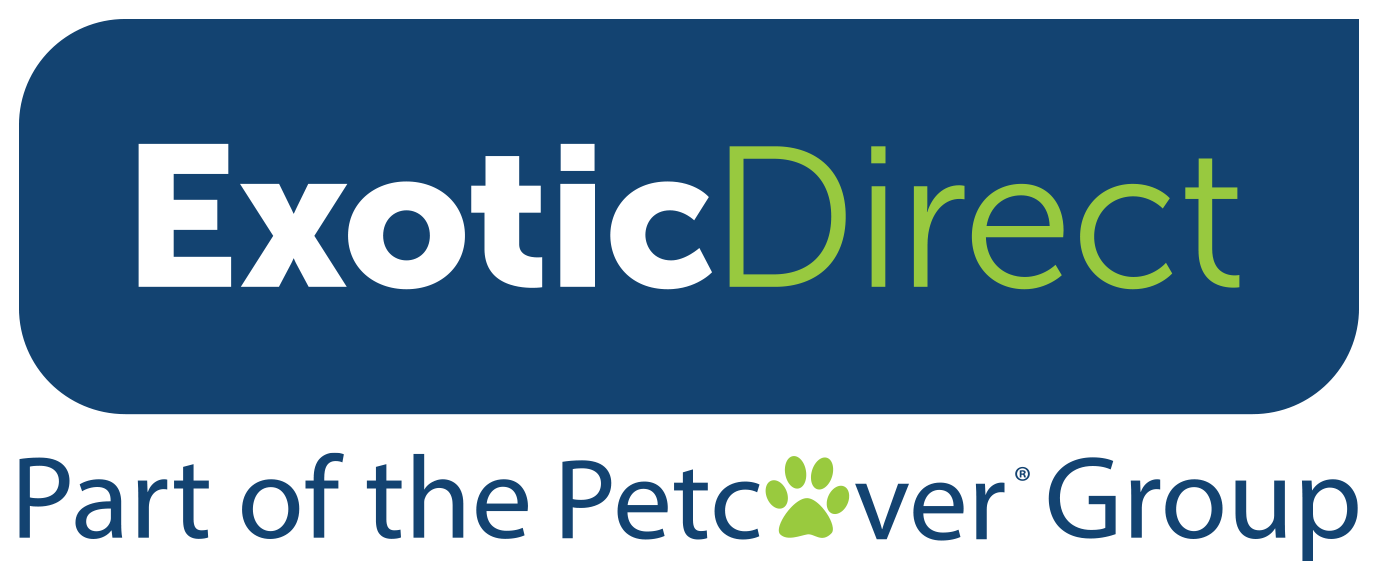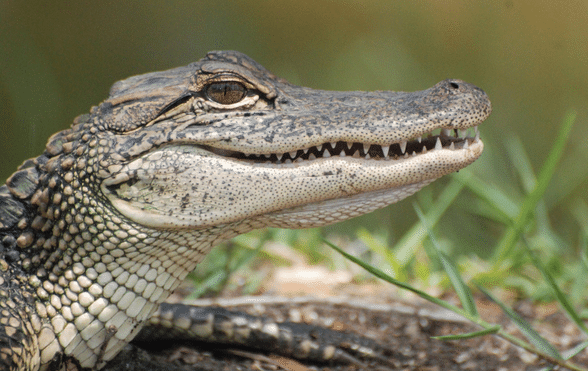Everything you need to know about applying for a dangerous wild animal licence and caring for your pet.
Table of contents:
DWA animal list | Laws in Northern Ireland | Application rules | Cost of the licence | The application form | Breaching the act | Caring for your animal
There are thousands of ‘dangerous wild animals’ kept in the UK. These can range from venomous snakes to alligators with some animals being more dangerous than others.
However, owners of dangerous wild animals face considerably more red tape than other pet owners and, depending on the animal, might have to spend a lot more time, energy and money caring for their animal.
Under the Dangerous Wild Animals Act 1976 & 1984 every creature classed as a dangerous wild animal in England, Scotland and Wales has to be licenced with the local authority in which it will be kept.
The dangerous wild animal licence does not apply to animals kept in a zoo, circus, licenced pet shop or place of scientific research.
ExoticDirect offer Public Liability insurance for Dangerous Wild Animals. Call us on 0345 982 5505 for more information and to get a quote.
DWA animal list
Animals listed on the DWA list include:
- Alligators
- Caimans
- Crocodiles
- Cobra snakes
- Mamba snakes
- Cheetahs
- Jaguars
- Leopard
Read the full list of animals included in the act here.
Hidden away in the list is the definition of cats that are classed as dangerous. Although domestic cats are not dangers breeds such as Bengals and Savannah cats can be depending on what generation they are. Make sure you know the filial number of a cat from the breeder you are buying from.
Laws in Northern Ireland
Northern Ireland has its own DWA laws (the Dangerous Wild Animals (Northern Ireland) Order 2004), which has its own list of animals that need a licence. And it has produced guidance for prosepective owners.
Many people in the UK have been calling for the English, Welsh and Scottish authorities to produce similar guidance, because they feel the approaches taken by some councils across Britain are inconsistent.
It’s a relatively simple process to apply for a licence. It involves filling out an application, paying a fee and having the animal’s enclosure inspected.
This article explains what the law requires from keepers – the things you need to think about and have in order when applying for a licence and what being a good owner means.
It covers the the licence fee, what the application will ask you, what the animal accommodation inspection will look for and the risks of breaking the licence rules.
Application rules
Here are the basics rules of owning a dangerous wild animal:
The process of acquiring for a licence can take months. The council you’re apply to might ask for insurance to be in place while the licencing process is going on, which can be frustrating if your paying for it months before the animal arrives. Don’t be afraid to negotiate with the council about when the policy starts from.
You might also be able to organise your insurance so that it starts when the animal arrives, that way you can prove to the council that you have a policy but you’re not wasting money paying for it before your pet is on your home. Check with the team at ExoticDirect to see how they can help you.
The council might also say you need experience handling the animal, especially if it is venomous, which can be tricky if you don’t have a licence to own one! However, there are courses you can pay to go on on, such as AmeyZoo, which will give you that experience under the guidance of professionals.
You then need to think about the costs and logistics involved in keeping the animal. Some reptiles and snakes might only need a vivarium while primates and big cats may need enclosures built for them. If you are constructing an enclosure you also need to make sure it complies with your local authority’s planning rules and potentially seek planning permission.
Depending on the size of the animal you might need to adapt your home, especially if you’re keeping a caiman crocodile in a bungalow in Kent.
DWA licence cost
This varies dramatically between local authorities. We found that a one-year licence with Hull City Council costs £58 but just 64 miles away Nottingham City Council is charging £1,199!
The price is not dependent on the animal and is set by the local authority. It is meant to be based on the cost to an authority of having dangerous wild animals within its boundaries. The licence applicant might also have to cover costs related to the application such as the inspection.
Licences expire on December 31 and usually last one year, although some councils offer two-year licences. If you apply for a licence half-way through the year you still have to pay the full fee, and you’ll have to pay again to renew for January 1. So it’s worth buying your licence in advance or applying for it early in the year.
How to get a DWA licence – the application form
If you Google your ‘local authority’s name + dangerous wild animal’ most councils will have a page where you can download the licence application but a few will ask you to apply online or request an application.
Like the fee, the application form will vary depending on your authority. The most basic ones will just ask for your name, address, date of birth and the type of animal you wish to keep.
More detailed applications may ask for information on:
Once the application has been received the next stage will be an inspection. It is likely to be carried out by a vet but in some cases an authority may decided to seek advice from a zoologist, the police or the fire brigade. The licence applicant is responsible for any costs associated with that.
The inspection is to ensure the animal will be looked after properly and that you, anyone else in your home or the public will not be at risk from it.
During the application you can request variations to the Wild Dangerous Animals Act, and the local authority can make their own.
After the application is approved you must let the council know if you plan to take the animal outside the local authority for more than 72 hours. And you can only sell an animal to someone who has their own dangerous wild animal licence.
Breaching the act
It is an offence to breach the licence and if an authority believes the animal is not being looked after properly they can enter the property, remove the animal and even destroy it.
In the event of a breach the keeper can lose their licence and be fined up to £5,000.
If the keeper dies the licence will remain valid for 28 days and can be used by whoever is representing the deceased.
Caring for your animal
Advice on caring for your pet will depend on the kind of animal you have.
There is such a variety of animals on the list that it is difficult to give specific advice. However, the most popular DWAs are venomous snakes, Bengal and Savannah cats, Caimans and monkeys, and there is lots of expert advice out there from professionals and other keepers.
It can be useful to sign up to exotic pet forums and Facebook groups. Many owners are happy to give advice and share their experiences but be aware that people will have different opinions and it’s worth consulting vets or professionals for any serious issues.
Feel free to get in touch with ExoticDirect about any DWA insurance questions. Quotes are only available over the phone on 0345 982 5505.
Whatever animal you’re planning to own you should think about:
We hope this guide has been helpful and you enjoy caring for your animal.
You have to be at least 18
You must have a licence
There are fees and an inspection involved in the licence application
You must have third-party liability insurance – ExoticDirect provides specialist Dangerous Wild Animal insurance. Call 0345 982 5505 to find out more and get a quote.
The number of animals you want to keep and whether you intend to breed them
The names of anyone else you wish to be registered as a keeper
Detailed information about the animal’s accommodation, such as the materials used in the construction, lighting and facilities for restraining the animal
Whether you’ve been convicted under animal welfare legislation or been disqualified from keeping a dangerous animal
How the animal will be transported to you if you do not own it yet
The name and address of your insurance company and your policy number to prove that your insurance covers public liability. If you have a dangerous wild animal insurance policy with ExoticDirect you can find our contact details here.
The name and address of your vet. Some applications require a separate form to be filled out by your vet
Food – what kind you need, whether you need a large supply and where you can get it from
Shelter and bedding – will you need to get it from a specialist?
Waste and hygiene – how you will dispose of it
Transport – how you will get the animal to your house or take it to a vet

